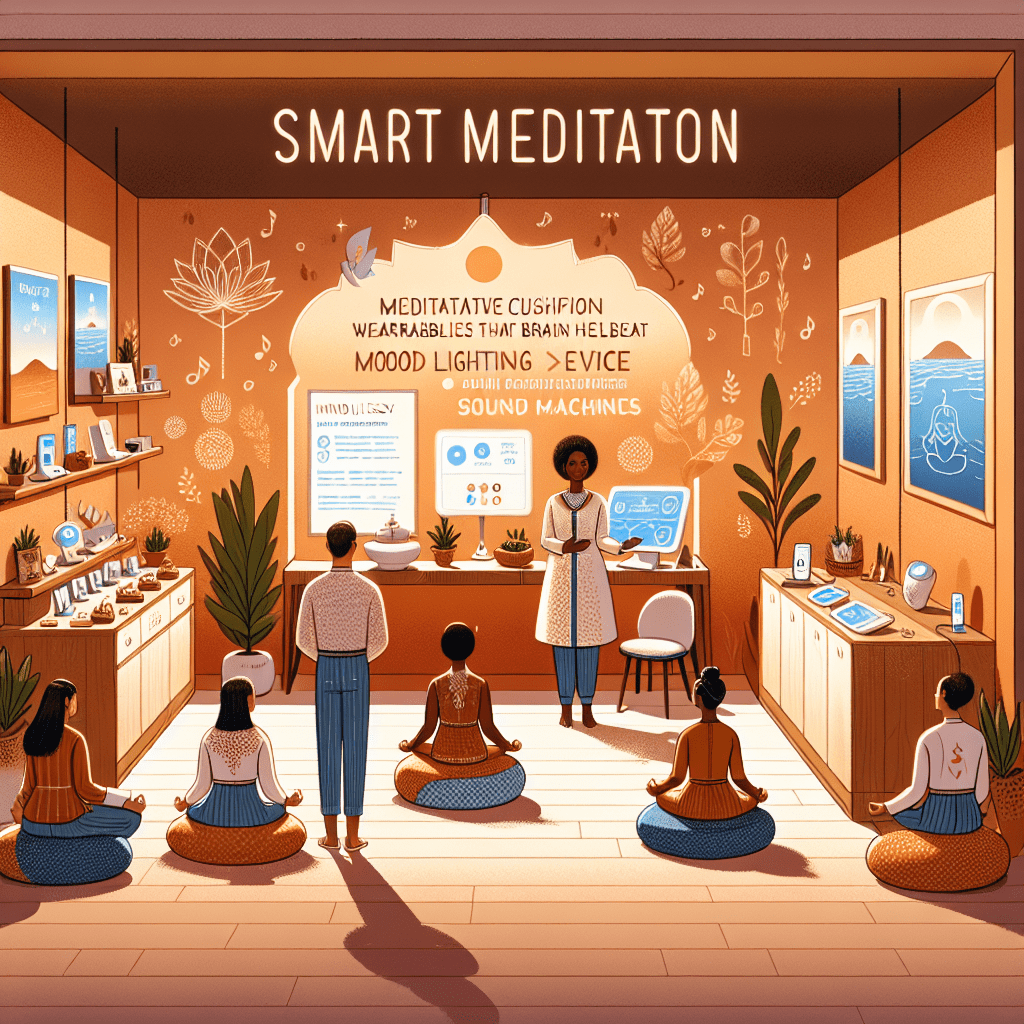
Prioritize your mental well-being daily. Enhance your life by nurturing your mental health with the Smart Meditation app. Break free from stress, alleviate anxiety, and enhance your sleep quality starting today.
What Stops The Doubt Of The First Meditation?
Piercing Through The Veil Of Skepticism: A Deep Dive
In the hallowed halls of philosophy, Descartes’ First Meditation, part of his seminal work “Meditations on First Philosophy,” has long stood as a towering beacon of doubt and skepticism. But what exactly quells this tide of uncertainty? Let’s embark on an enlightening journey to unravel this enigma.
The Dawn of Methodical Doubt
Descartes, with a stroke of genius, introduces us to methodical doubt—an intellectual bulldozer that clears the ground for indubitable truths. He’s not just throwing the baby out with the bathwater; he’s renovating the entire plumbing system of thought! By systematically doubting everything that can possibly be doubted, he seeks a foundation firm enough to support the edifice of knowledge. It’s like he’s saying, “If you’re gonna build a castle of knowledge, you better make sure it’s not on quicksand!”
So, he starts with sensory perception. Ever been tricked by a mirage or a dream? Descartes sure had. “Hold on there,” he says, “If our senses can deceive us, how can we trust them to ground our knowledge?” And with that, every belief based on sensory experience gets tossed into the doubt dumpster.
But he doesn’t stop there. What about mathematics and logic, the sacred cows of certainty? Descartes unsheathes the hypothetical “Evil Demon” argument—imagine a deceiving spirit, hell-bent on misleading you about everything, including math and logic. Mind-boggling, right? Suddenly, 2+2 might not equal 4 after all. This radical skepticism leaves us hanging by the thread of doubt, pondering if anything can escape this vortex of uncertainty.
The Unshakable Foundation: “I think, therefore I am”
Just when all seems lost in a sea of doubt, Descartes throws us a philosophical lifeline—Cogito Ergo Sum (“I think, therefore I am”). Here’s the kicker: even if he doubts, he must exist to do the doubting! It’s the intellectual equivalent of finding dry land after a shipwreck.
This realization is the first and most fundamental truth that emerges unscathed from the fires of doubt. It’s brilliant in its simplicity and irrefutable in its logic. Descartes has found his bedrock: the self as a thinking entity. Everything else might be up for debate, but the fact that one is thinking is undeniable.
This insight anchors the whirlwind of doubt unleashed by the First Meditation. It stands as a solitary beacon of certainty, lighting the way for the construction of further knowledge. From this vantage point, Descartes sets forth to rebuild the structure of knowledge, brick by irrefutable brick, on the solid foundation of the Cogito.
In Conclusion: Navigating Beyond The Mists of Doubt
Descartes’ journey through the First Meditation is nothing short of a philosophical odyssey, navigating the treacherous waters of doubt to discover an island of certainty in the Cogito. This profound realization not only halts the doubt but also lays the groundwork for a renewed pursuit of knowledge. It reminds us that, in the labyrinth of skepticism, there’s always a thread of self-awareness leading us back to solid ground.
So, the next time you’re caught in the quicksand of doubt, remember Descartes’ beacon of certainty—the undeniable truth of your own existence as a thinking being. It’s your first step towards intellectual emancipation and the bedrock on which you can construct your castle of knowledge.





